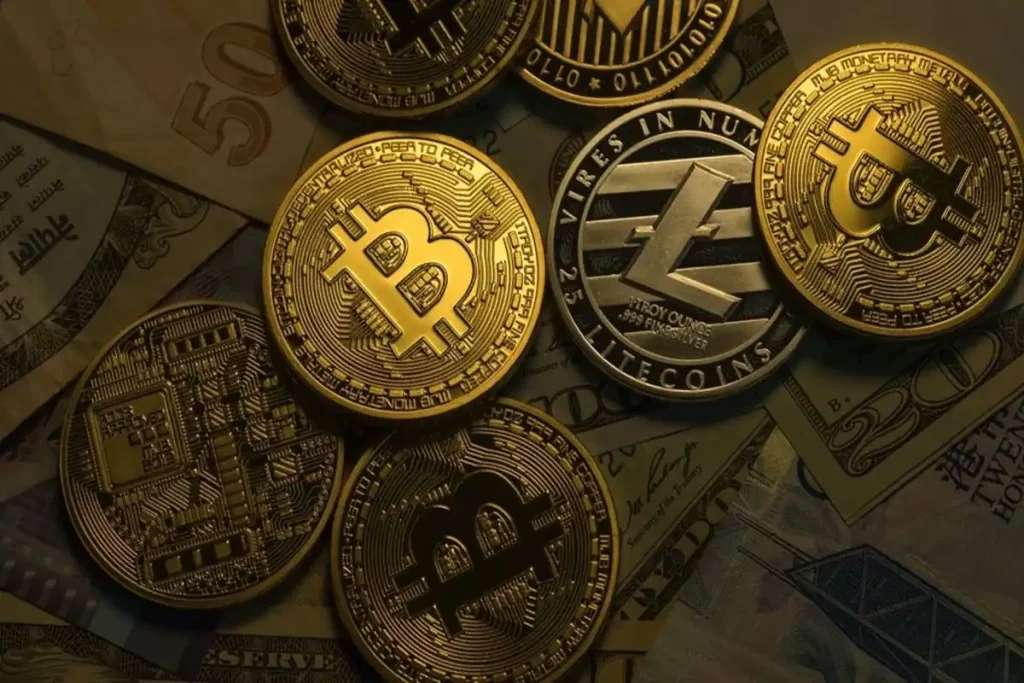Blockchain Creating Opportunities for Technological Integration across Industries
Blockchain technology has rapidly evolved from a niche innovation into a powerful catalyst for technological integration across various sectors. At its core, blockchain is a decentralized, immutable ledger that ensures transparency, security, and traceability. These attributes make it highly attractive for industries looking to enhance their digital infrastructure. By enabling peer-to-peer transactions without the need for intermediaries, blockchain allows for greater efficiency, reduced costs, and improved trust between participants. This decentralized nature of blockchain has created a fertile ground for exploring new possibilities in sectors ranging from finance to healthcare, and even supply chain management. One of the primary ways blockchain drives technological integration is through its ability to provide a secure, transparent method of storing and sharing data. Traditional systems often rely on centralized databases, which are vulnerable to hacks, fraud, or manipulation. In contrast, blockchain’s distributed ledger structure ensures that data is validated by multiple nodes in the network, making it nearly impossible to alter once recorded. This level of security can be transformative for industries that handle sensitive data, such as healthcare and finance. In healthcare, for instance, patient records could be securely shared among healthcare providers, ensuring accuracy and safeguarding privacy while also allowing for seamless collaboration.

Another area where blockchain is making significant strides is in supply chain management. Blockchain’s transparency features allow every step of the supply chain—from production to distribution—to be tracked in real time. This enables businesses to have a clear view of their operations, making it easier to identify inefficiencies, minimize fraud, and ensure that products meet required standards. By integrating blockchain into their supply chain systems, companies can reduce the time and cost associated with traditional tracking methods, while also building stronger relationships with suppliers and customers. Furthermore, the traceability offered by blockchain allows consumers to verify the authenticity of products, which is particularly valuable in industries like luxury goods and food. In the realm of digital currencies, blockchain is enabling the creation of new financial models and solutions. The rise of cryptocurrencies has demonstrated the potential of blockchain to challenge traditional financial systems. Crypto news providing an alternative to centralized banking institutions, blockchain allows for faster, cheaper, and more secure transactions.
This has led to the development of decentralized finance DeFi platforms, which offer a wide range of financial services such as lending, borrowing, and trading without the need for intermediaries. These platforms leverage smart contracts—self-executing contracts with the terms of the agreement directly written into code—further streamlining transactions and reducing the need for third-party oversight. Blockchain’s potential extends beyond the financial and supply chain sectors, impacting industries such as education, real estate, and entertainment. In education, blockchain can be used to verify academic credentials, ensuring that degrees and certificates are authentic and preventing the rise of fraudulent claims. In real estate, blockchain can simplify property transactions by providing an immutable record of ownership, reducing paperwork, and increasing transparency. Meanwhile, in entertainment, blockchain offers a way to directly connect creators and consumers, enabling fairer royalty distribution and preventing piracy. The integration of blockchain into various technological domains presents challenges, but it also opens up opportunities for innovation and growth.
